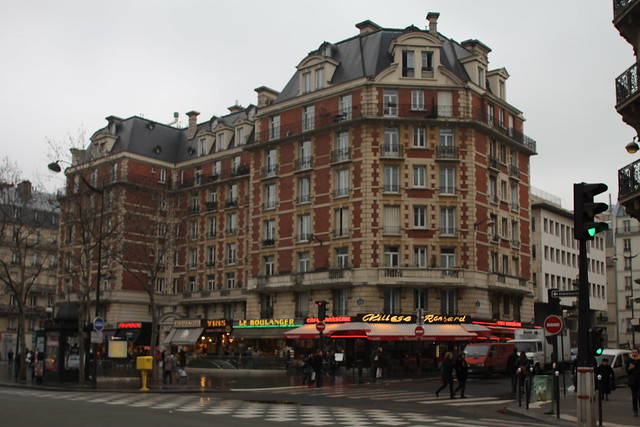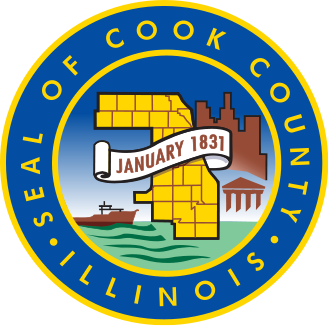One of the great challenges of our work in open data is making a concrete case for value. For me, the question comes up all the time, going back to my time at EveryBlock and even before that, as a tech contractor trying to convince a municipality to open more data.
We often rely on important but somewhat vague successes around weather and transit, but we really lack demonstrative examples of direct economic development around open data.
Now comes the inimitable Waldo Jaquith, Director of the U.S. Open Data Institute, with a detailed blog post that shows one small path to understanding: “The Financial Value of Open Corporate Data to Government” .

The regulation of businesses is one of the most essential government functions and one that generates critical revenue for government services.
With his earnest labor (social, technical, and business) and some back-of-the-envelope calculations, he shows how the normalization and analysis of business licenses in Virginia can yield more revenue for municipalities. The process went like this:
- Buy data from a state
- Create a piece of software to make the data machine-readable
- Work with half a dozen departments, municipalities, and other forms of government to make the data human-readable
- Analyze the data and work with two municipalities to understand it in their own unique contexts
- Use common sense coupled with a relatively deep understanding of the domain to analyze the data in order to determine potential revenue value for units of government across the state
Lessons:
- Deep into the open data movement, we still lack basic standards and modes of operation for essential datasets like business licenses
- The creation of tools (like Crump, the marvelously named and generically useful tool Waldo made for this project help) are necessary
- But tools alone are helpless lists of files without deep analysis and attempts to wring practical use from them, like the dozens of conversations he had
- It takes guts to extrapolate real dollar amounts. People in civic tech often lack the nerve to just throw some numbers up. People do it all the time in the startup world. We need to make this more a part of our culture
This is why I‘m happy to be associated with Waldo and U.S. ODI. We need more— and more sustained— work of this kind; everywhere.






